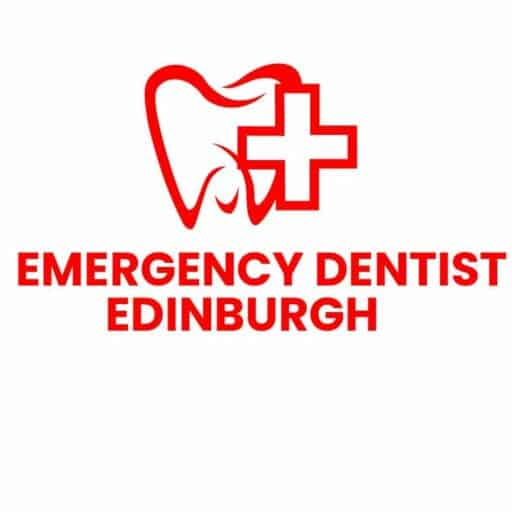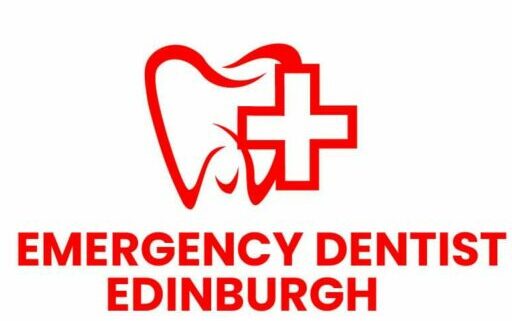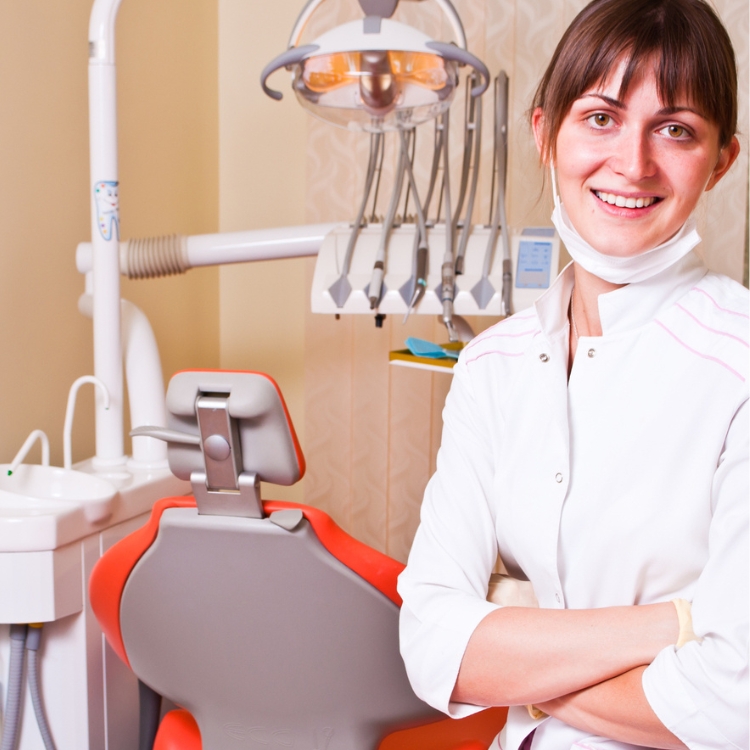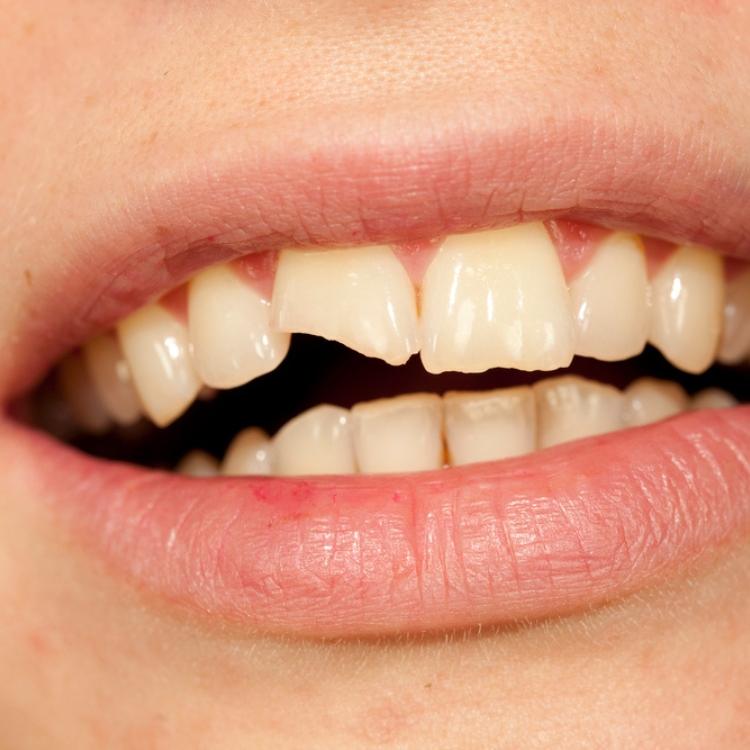How Emergency Dentist Edinburgh makes your…
OPEN 7 DAYS A WEEK How Emergency Dentist Edinburgh makes your life easier and pain free Most oral issues can wait a few days for a routine dental appointment but some oral health problems like broken tooth, broken denture, wisdom tooth pain, toothache, broken veneer,…






